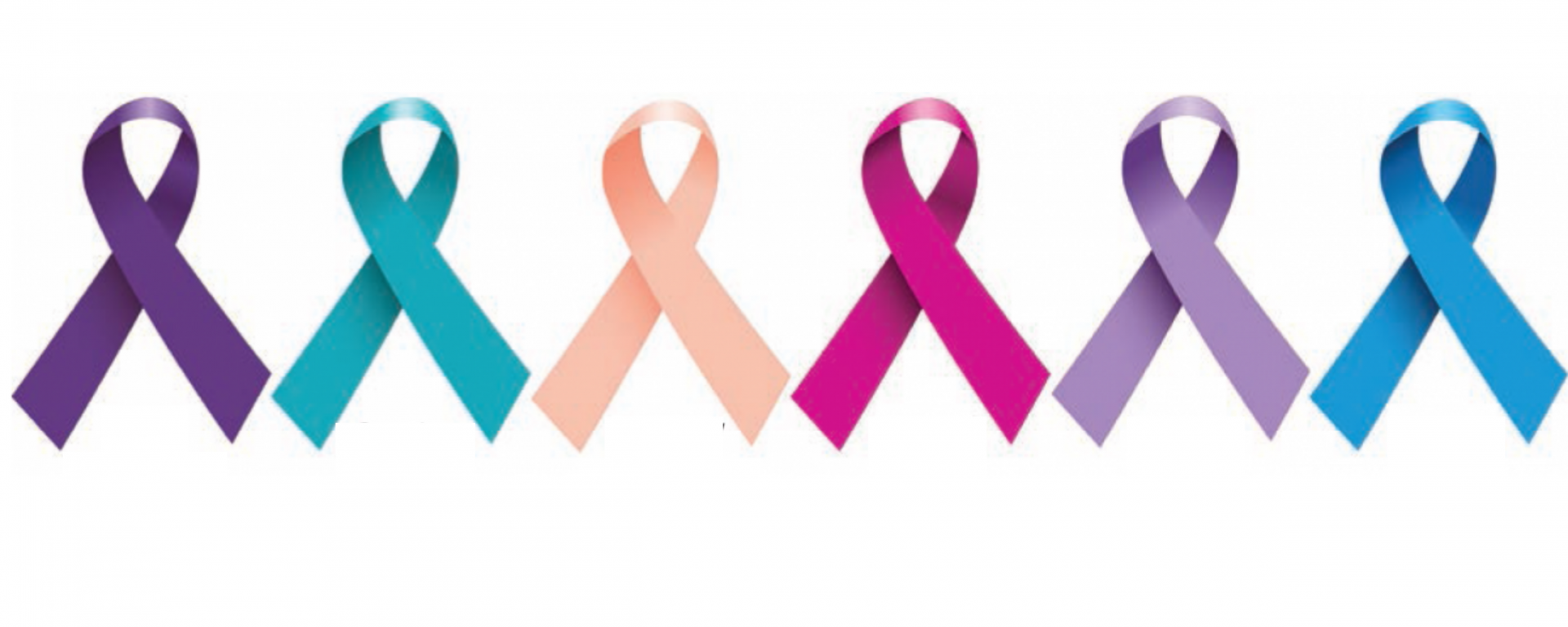
September is the annual Gynaecological Cancer Awareness Month, as established by the Foundation for Women’s Cancer in 1999. An estimated 89,000 womenare diagnosed with gynaecologic cancer every year, however, it still doesn’t get enough attention from our society and many of us remain unaware of what this encompasses or how common it can be.
We have discussed with Mr. Narendra Pisal, a leading Gynaecologist from London Gynaecology, to help us raise awareness on the matter; how it can be prevented, which are the signs and symptoms of such cancers, and the available support for the diagnosed women.
What are the types of Gynaecological cancers?
In order to be able to raise awareness we firstly have to understand what the types of gynaecological cancers are. As explained by Mr. Pisal cancers can arise from any of the seven gynaecologic organs but there are five main cancers of this type; womb, ovarian, cervical, vulvar, and vaginal. “Cancer of the womb is the most common one with 9,300 new cases every year…Whereas vulvar and vaginal cancers are the least with 1,300 and 250 new cases every year respectively.” Some of these cancers can be hereditary, and this is associated with the presence of faulty genes. However, “genetic testing is available in order to help us determine an individual’s risk.”
Which are the most common symptoms that women should be aware of?
According to the leading gynaecologist there are five red flags when it comes to gynaecological cancers:
Unusual vaginal bleeding (bleeding after menopause, bleeding in between periods, bleeding after sexual intercourse
Unusual vaginal discharge
Abdominal bloating, pain, change in bowel or urinary habit
Unusual swelling or ulcer on the vulva
Weight loss or loss of appetite
Unusual vaginal bleeding (bleeding after menopause, bleeding in between periods, bleeding after sexual intercourse
Unusual vaginal discharge
Abdominal bloating, pain, change in bowel or urinary habit
Unusual swelling or ulcer on the vulva
Weight loss or loss of appetite
Nonetheless, every type of cancer is characterised by its own set of signs and symptoms which often differentiate them. It is important to be aware of each and every one of them, and if you realize you suffer from any of these or more you shouldn’t hesitate and get a check-up with your doctor.
Here is a list of symptoms of each cancer provided by Mr. Pisal, let’s help each other and share it with as many people as possible.
Ovarian cancer
Abdominal distension and bloating
New onset of pelvic pain
Nausea and fullness
Urinary frequency
Loss of appetite and weight
Lower abdominal lump
Cervical cancer
Bleeding after sex
Bleeding between periods
Persistent vaginal discharge
Abdominal distension and bloating
New onset of pelvic pain
Nausea and fullness
Urinary frequency
Loss of appetite and weight
Lower abdominal lump
Cervical cancer
Bleeding after sex
Bleeding between periods
Persistent vaginal discharge
Vulvar cancer
Persistent itching or pruritus which lasts for more than a few days
A mole or pigmented patch in the vulva that changes shape, colour, or size
Pain or soreness
Thickened skin patch which looks different in texture
Ulceration or bleeding
Swelling or lump which is irregular
Dark or red patches on the skin
Persistent itching or pruritus which lasts for more than a few days
A mole or pigmented patch in the vulva that changes shape, colour, or size
Pain or soreness
Thickened skin patch which looks different in texture
Ulceration or bleeding
Swelling or lump which is irregular
Dark or red patches on the skin
Vaginal cancer
Abnormal smear is the commonest presentation as sometimes the vaginal cells are picked up on a cervical smear
Persistent vaginal itch
Smelly or blood-tinged vaginal discharge
Pain when urinating
A vaginal lump
Abnormal smear is the commonest presentation as sometimes the vaginal cells are picked up on a cervical smear
Persistent vaginal itch
Smelly or blood-tinged vaginal discharge
Pain when urinating
A vaginal lump
Womb cancer
Bleeding after menopause
Bleeding between periods
Bleeding that is heavier than your normal
Bleeding after menopause
Bleeding between periods
Bleeding that is heavier than your normal
Are there ways to lower the risks of getting Gynaecological cancers? If so, which are they?
Smear Test
Having regular smear tests can help reduce the risks by allowing you to point out any abnormality within your cells before they become cancerous. “By treating any abnormality, the risk of developing cervical cancer is reduced significantly” If you hadn’t had a smear test in the past three years now is the right time to do so. “This 5-minute test can potentially save your life. From 25-49 years of age, a smear test is carried out every three years and every five years after that up to the age of 64.”
HPV vaccination
“Vaccination against Human Papilloma Virus reduces the risk of cervical cancer by nearly 90%. It will make a huge difference to the incidence of cervical, vaginal, and vulval cancer as well as cancer of the throat.” Luckily it is highly available, being offered in secondary school to both girls and boys, and later on through private consults. There is a common misconception that this vaccination is useful just previous to being sexually active but research proves otherwise “evidence suggests that there is still a significant benefit up to the age of 45”
Quit smoking
Sounds simple but how many of you are hesitant to do it? We all know that smoking is harmful in a range of infinite ways, “it also increases the risk of various cancers including cervical, vaginal and vulvar.” There are many sites and organisations that can help you in the process to abandon this bad habit, you can even contact your local GP or check the London Gynaecology site for useful tips.
Paying attention to your own body
It is important to take care of your body and listen to it. “Be familiar with what is normal for you. If there is something unusual or out of the ordinary, it is best to seek some advice from your GP or gynecologist” Taking care of your body also includes having a healthy diet and doing regular exercise, which is always good but in this case, it is essential since it helps you maintain a healthy Body Mass Index (BMI) which is associated with these cancers.
What is left to think about is whether one day we will achieve immunity for these cancers, and what can we do to help in the path towards it? We have to start by being positive and realising that the existence of vaccinations such as the one against HPV is already a “key strategy” in the fight against gynecological cancers. But availability to all remains an issue, “Making the vaccination program available to more and more women, particularly in the developing world, should be a priority.”
If you want to keep getting informed if you have any specific questions or simply want to have a look over the already given information don’t forget to check out the London Gynaecologywebsite and its social media. Or the many organizations they partner with such as the Jo’s Cervical Cancer Trust that have a very informative and interactive online community. Oh, and don’t forget to wear purple this month.
Words by Chiara Ferrari







